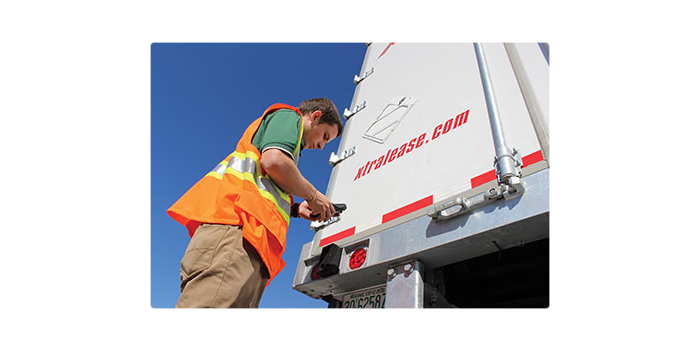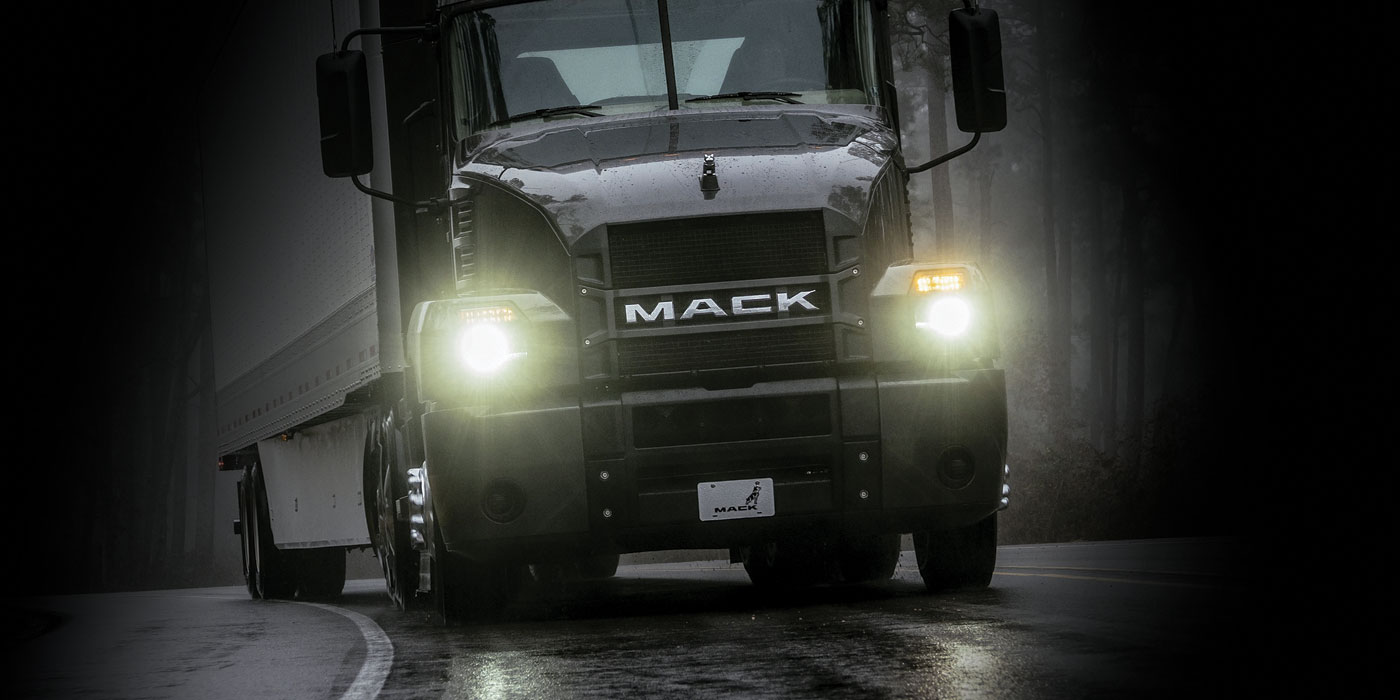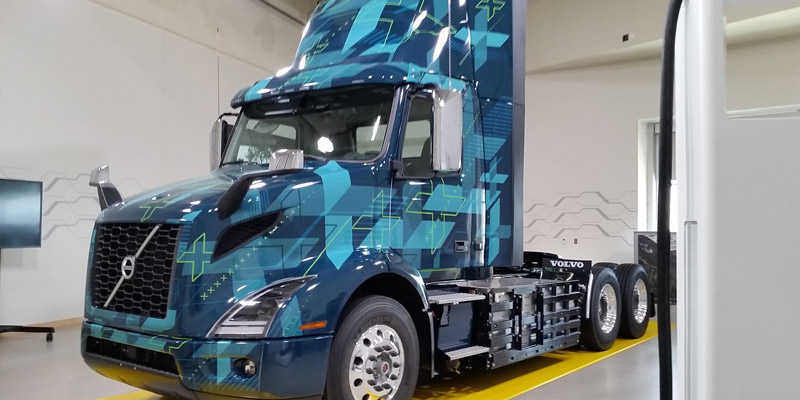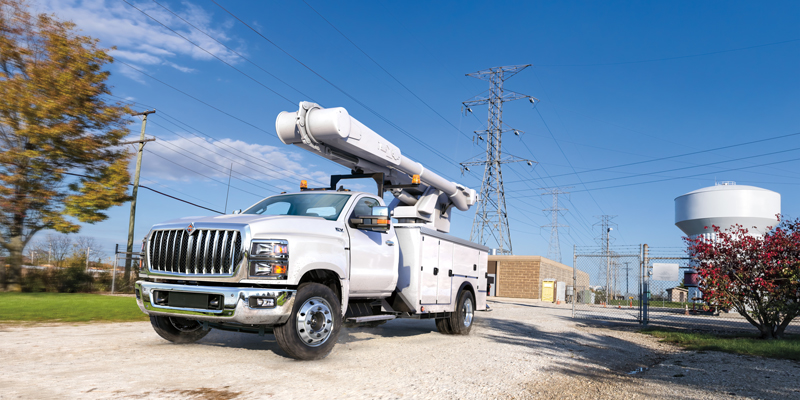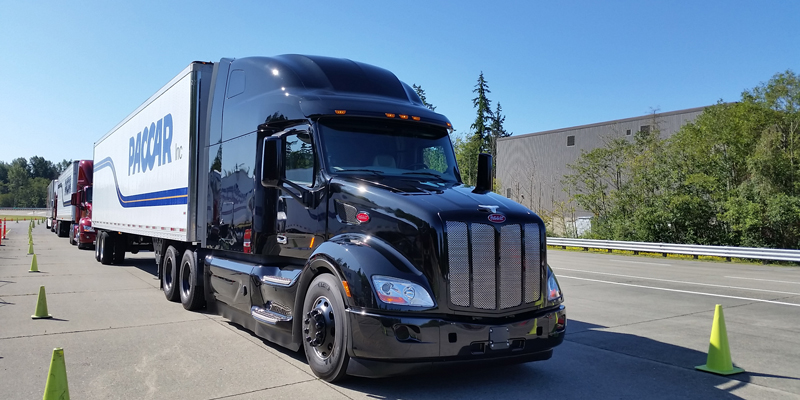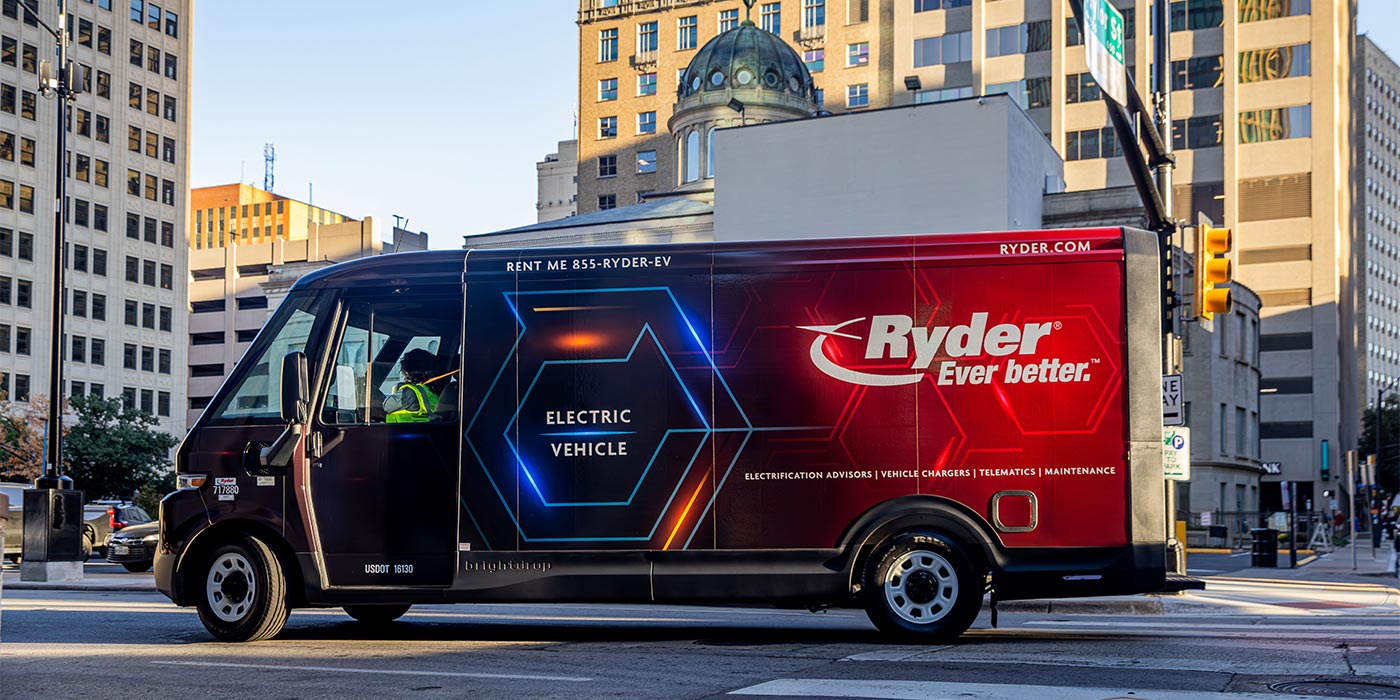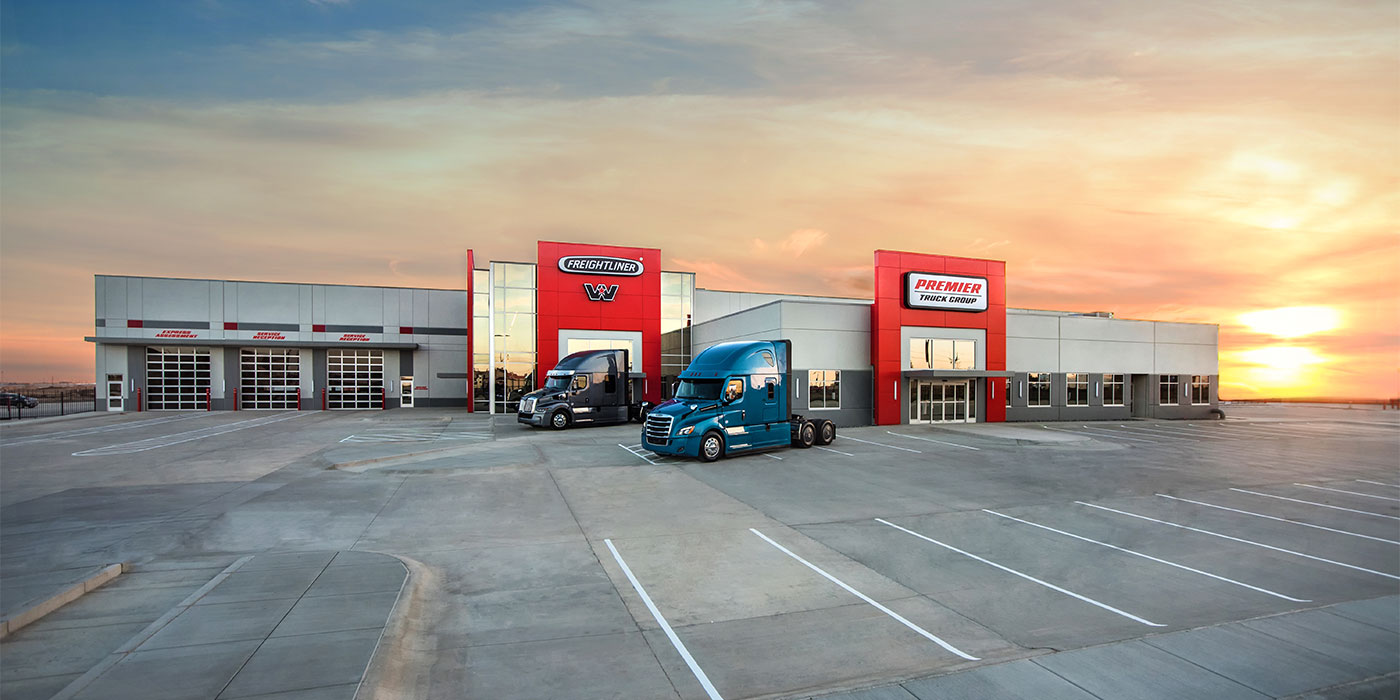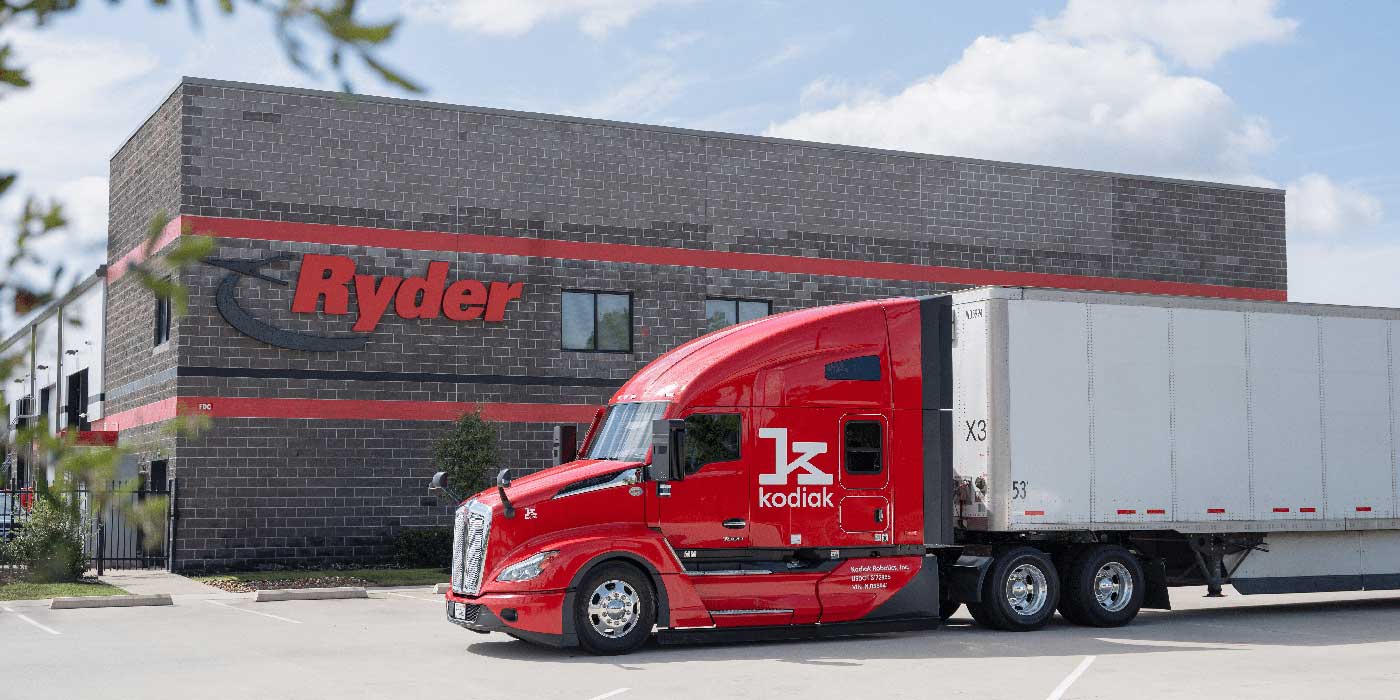Trailer financing
When it comes to trailer financing, Ryder’s Senior Vice President of National Sales, John Deris, says, “It is important for fleets to have a clear understanding of the total cost of ownership. This does not only apply to power equipment but to trailers as well. Most fleets are greatly challenged in this area, as they simply do not have the information on life cycle asset management and running costs over the useful life of the equipment. Since many trailers are purchased with the expected life of ten years or more, the ability to evaluate maintenance costs over that period of time is critical. In addition, they need a clear understanding of the future technological advancements and regulation, which may impact the buying decision. This is more critical with refrigeration trailers but also applies to dry vans as well.”
Zaborowski says, “If companies have shorter term logistics contracts, we’re a good match for them. For example, if someone gets a three-year or five-year contract to manage logistics for a shipper, they may be trying to decide on whether they should invest in a piece of equipment and go get financing. We offer a great alternative to that. If they’re unsure about what the long-term future is for that particular asset, they can match up with us and have an operating lease. When it comes to financing decisions, a company’s financial and tax positions can impact their choices.”
Maintenance packages
There are the advantages of that choice. CTP AmeriQuest Financial Services’ Gaskins says, “Trailer maintenance can be very simple, PMs, tires, brakes, lights or it can be complex, like refrigeration. Pick a maintenance program where you only pay for what you use. There are a wide variety of maintenance options. Most routine trailer maintenance can be performed on site through mobile repair vendors, which is a very convenient and cost effective option.”
Establishing direct relationships with local vendors will serve you well when something needs attention Friday after 5 p.m. and you need to get the trailer out of the gate and on the road. A strict PM program based on time and utilization and a detailed driver pre-trip inspection (requires the use of an air gauge) will help to avoid major mishaps on the road where maintenance costs are at their highest. These coupled with access to a 24/7 breakdown service will keep you out of trouble on trailer maintenance.
Recommending maintenance pages depends on a fleet’s operation. Some companies don’t have the resources or infrastructure set up to perform maintenance on trailers. When that’s the case, Zaborowski says his company recommends they choose from its menu of services ranging from tire and brake wear only, all the way up to full maintenance service. The advantage is, they don’t have to worry about finding someone to handle maintenance, and they’re able to pick and choose a package that best fits their operation.
He adds, “Some of our customers already have their own infrastructure in place to perform trailer maintenance. If so, and if they do a term lease deal with us, they can choose to perform their own maintenance. We offer a straight net/net equipment lease where they take charge of the maintenance. We also have 24-hour RoadWatch service—which is our emergency roadside maintenance service. That comes standard with any trailer rental or full service lease.”
Deris, states, “We strongly believe that a formalized and comprehensive maintenance package be included in the lease. This must include a comprehensive preventive maintenance program; tire program, service capability and access to all services on the road, since most breakdowns, CSA violations and expensive emergency repairs happen away from the home base. This is especially critical since CSA has been introduced and impacts compliance, risk ratings and potential litigation. Trailers account for a substantial amount of the CSA violations recorded and greatly impact a company’s overall CSA record and overall standing.”
(Click “Next Page” to continue reading the story.)

